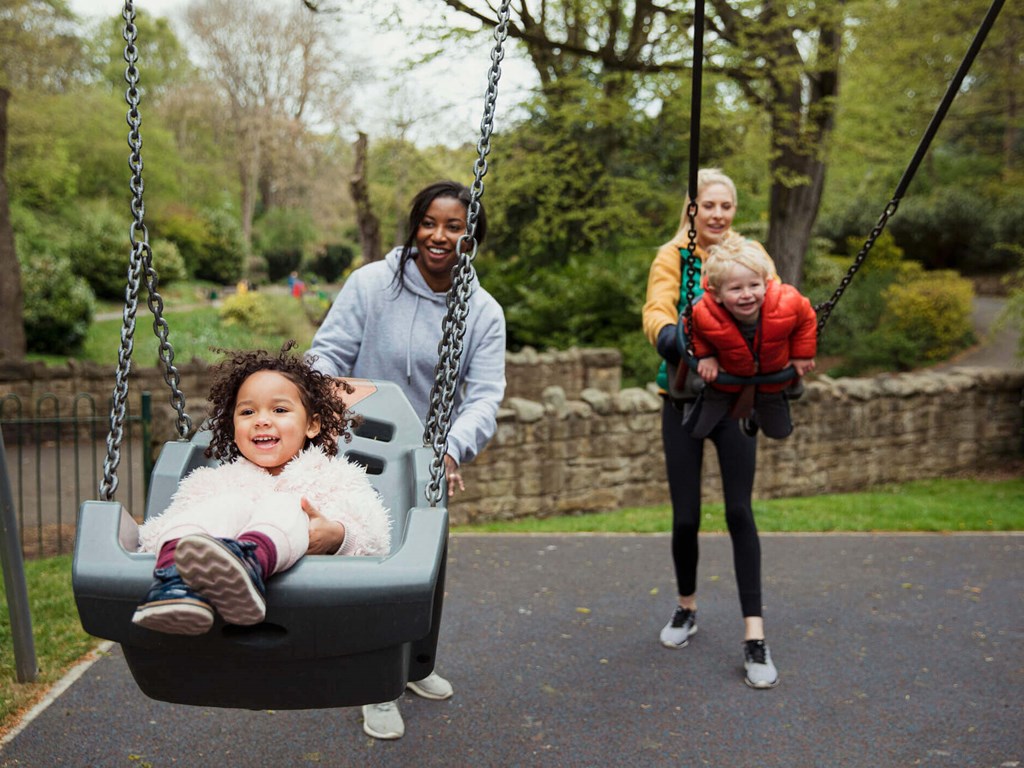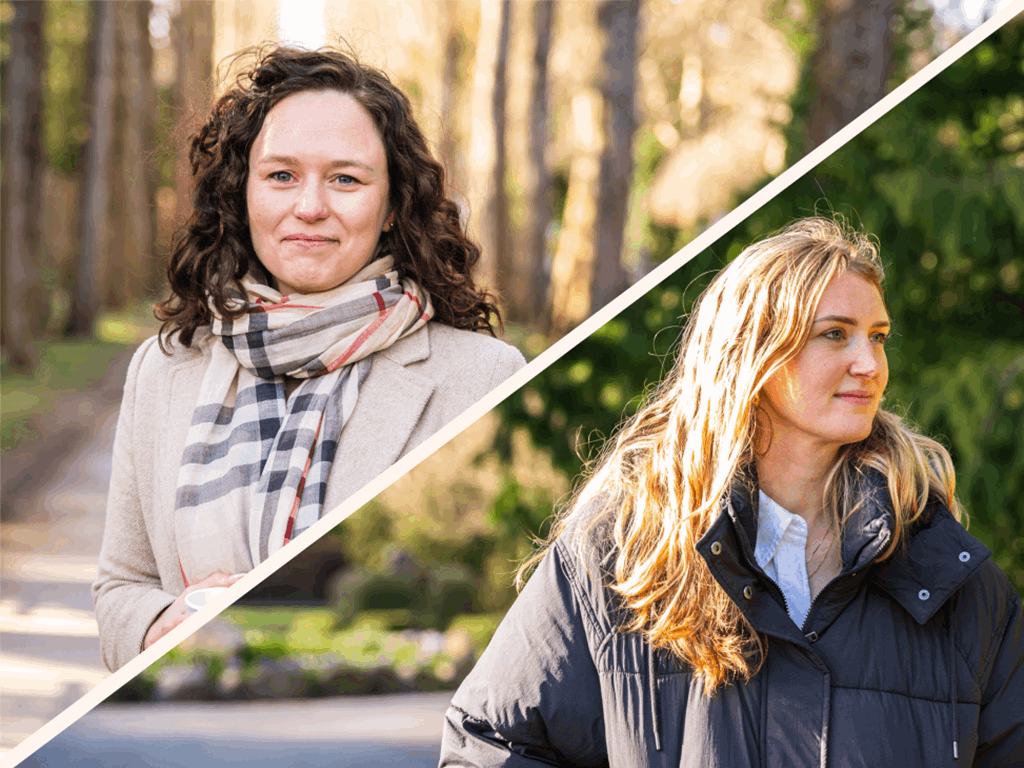Statistics reveal 60% rise in solo mums by choice in the UK
Considering solo motherhood? More women than ever in the UK are choosing to become solo mums by choice. In fact, statistics show a dramatic rise in single women turning to IVF and donor conception to start a family on their own terms. In this article, we’ll explore who chooses solo motherhood, why, and what the numbers reveal about this growing trend.

A solo mum by choice is a woman who intentionally becomes a mother without a partner, typically through sperm donation. This differs from single-parent families resulting from separation, divorce or other unexpected circumstances.
Increasing numbers of single mothers by choice
If you choose to become a single mother, rest assured that you are far from alone. Data from the HFEA, the UK regulator of the fertility industry, shows more and more women are making that choice.
In 2019, 3147 single women in the UK received fertility treatment with donor sperm, either through IVF or insemination. In 2022, the number had risen to 5084 - an increase of 61.55%.
The majority of these women received IVF treatment. In 2019, that was the case for 62% of them. In 2022, 69.79% of the women was treated with IVF.
No data is available on how many of these treatments resulted in children. Instead, we can look at how many single mothers there are in the UK overall.
Almost 1 in 4 UK families are headed by a single mother
According to data from the Office for National Statistics, over 2.7 million families in the UK were headed by a single mother in 2023. That’s an increase of 10.24% since 2019.
All in all, 23,8% of all UK families with children living at home were headed by a single mother in 2023 – that is almost 1 in 4 families.
These numbers reflect both women, who have chosen to start a family on their own as well as women, who are single because of separation or other life circumstances.
Who chooses to become a solo mum?
Single mothers by choice are generally in their 30s or early 40s when they start a family. They are often well-educated and in stable employment. This has been found in several studies over the years as mentioned in this scientific article in the Journal of Family Psychology.
That mirrors what we see among our customers in European Sperm Bank. In 2023, 38% of our UK customers were single women. On average, they were 39 years old, which has been quite constant over the past five years, where the average age has been between 38 and 40.
Common reasons for choosing solo motherhood
There are many valid reasons for choosing solo motherhood. In a study from 2022, 19 British single mothers by choice were interviewed about their motivations. These were their answers:
- I wanted to be a mother: 8 (42%)
- I was getting older/time was running out: 4 (21%)
- Timing felt right: 2 (11%)
- All my friends were having children: 1 (5%)
- Other: 4 (21%)
That echoes what we at European Sperm Bank hear from the aspiring solo mothers we talk to. Many originally wanted to have a child with a partner but are single and decide to take their future into their own hands rather than wait for something that may or may not happen.
Children of solo mothers do just as well as other children
Some people may still think that children of solo mothers have a more difficult experience growing up. However, research thoroughly debunks this myth. In fact, both single mothers by choice and their children report high levels of well-being and experience less conflict in the home.
An explanation for this could be, that women choosing to have children on their own often have spent a lot of time considering the pros and cons, researching and preparing themselves and their lives for a child, and their children are very much wished for.
Read more about what science says about the well-being of children of solo mothers here.
Solo motherhood is becoming more common
In conclusion, being a single mother is far from uncommon in the UK, and more women are consciously choosing this life. Whatever your reasons for considering having a child on your own, know that resources and support are available to you. You can start by reading our guide on becoming a solo mum by choice here.
FAQ
- How many solo mums are there in the UK?
In 2023, over 2.7 million families in the UK were headed by a single mother. This includes both solo mums by choice and women who are single because of different life circumstances.
- Why are more women choosing solo motherhood?
There are many reasons why women are choosing to become solo mums by choice. Some of them include the desire to become a mum or that timing felt right.
- What is the average age of solo mothers by choice?
Most women choose to become solo mums in their 30s or 40s. The majority of European Sperm Banks’ single mother customers in the UK are in their late 30s, with an average age of 39.
- Do solo mums mostly use IVF or insemination?
An increasing number of single women in the UK are undergoing IVF treatment. According to the HFEA, the number of single women having IVF treatment increased by 83% between 2019 and 2023.
- How common are single-mother families in the UK overall?
In 2023, 23,8% of all UK families with children living at home were headed by a single mother. That is nearly 1 in 4 families.
Read more
 Personal stories
Personal storiesTop concerns about solo motherhood – and what experienced mums say
Solo motherhood can feel overwhelming but what if you could hear directly from mums who’ve been there? In this post, we’re sharing their top concerns before starting the journey and what they’ve learned along the way.
 Lotte Sørensen
Lotte Sørensen

